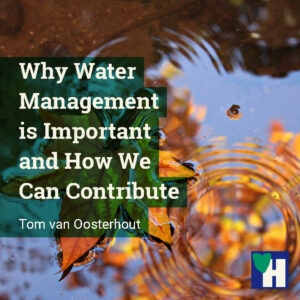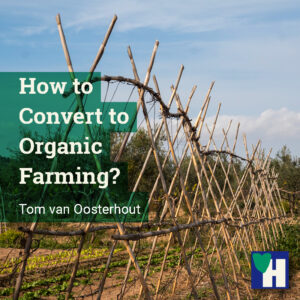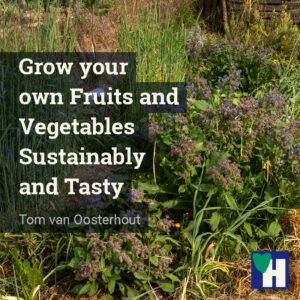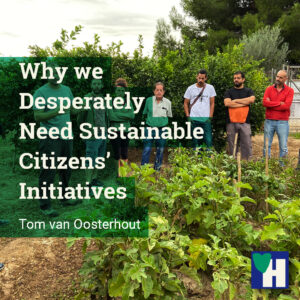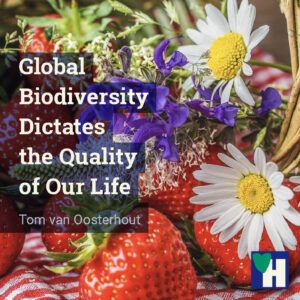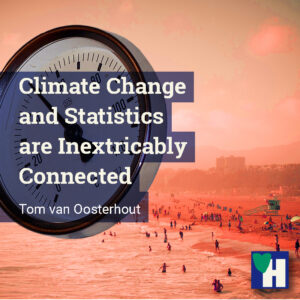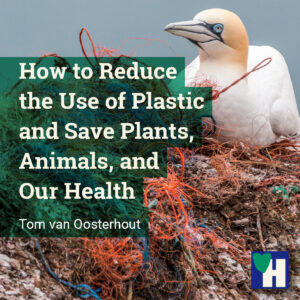
How to reduce the use of plastic is essentially our responsibility. Luckily there are numerous ways in which we can reduce the use of plastic, either at our job or at home.
As a matter of fact, it is quite easy. Imagine what our average day looks like. We get out of bed, freshen ourselves up, get dressed, eat, work, eat, try to relax, and go to bed again.
During such an average day there are 3 activities that are inseparably linked with the use of plastic: hygiene, consumption, and leisure. Every type of activity offers alternatives for the plastics we use.

